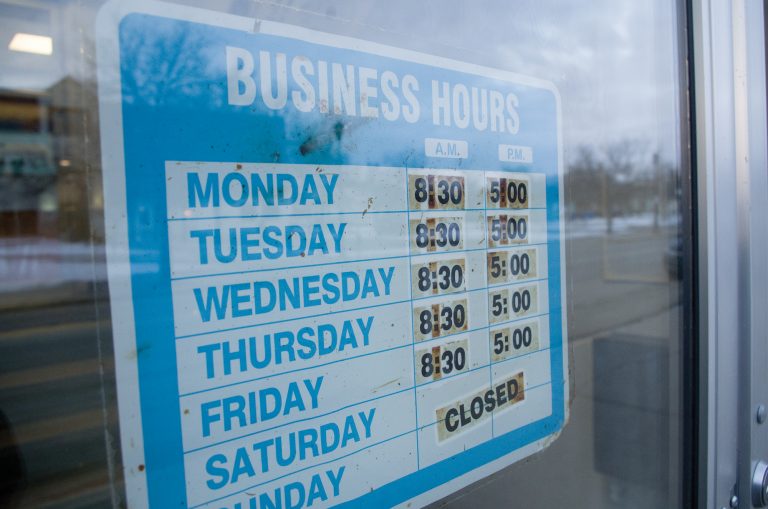
The Canadian Federation of Independent Businesses (CFIB) says the lifting of COVID-19 restrictions was good news for small business owners, but many are still a long way from recovering.
The CFIB says only 34 per cent of Saskatchewan small businesses have returned to normal sales, while debt levels remain high. The totals are from online surveys completed by CFIB members between Jan. 18-27 and Feb. 9-25.
“While it is good news that COVID restrictions have been lifted in Saskatchewan, the economic damage to small businesses has been massive and has left many in a very precarious position,” CFB Saskatchewan provincial affairs director Annie Dormuth said in a media release. “It’s critical that as we enter the recovery phase of the pandemic, the Saskatchewan government holds off on any cost increases.”
Dormuth said they’ll be keeping a close eye on the next provincial budget. She views it as an opportunity for the government to provide relief for Saskatchewan small businesses, especially since one in seven are either considering bankruptcy or winding down operations.
The CFIB wants the province to freeze the small business tax rate at zero, rather than increasing it to one per cent on July 1. They also want the education property tax mill rates frozen, and measures that offset any new costs associated with the carbon tax.
“Saskatchewan’s small businesses have borne the brunt of two years of off-and-on COVID restrictions, and will be dealing with the fallout of the pandemic for months, if not years,” Dormuth said. “Imposing new costs and higher taxes on them could be the final nail in the coffin for some.”
The number of small businesses reporting normal sales has decreased slightly since the start of 2022. Roughly 62 per cent of small businesses report taking on debt, with the average debt load sitting at $95,188 per business. Dormuth said businesses in the hospitality, arts and recreation sector were hit hardest.
The number of Saskatchewan small businesses reporting normal sales is slightly below the national average of 35 per cent. Newfoundland and Labrador has been hit the hardest, with just 20 per cent of small businesses reporting normal sales. Manitoba is next with 28 per cent, followed by Nova Scotia and Alberta at 30 per cent.
Roughly 72 per cent of Canadian small businesses say they are fully open, while 46 per cent report being fully staffed.
The Canadian Federation of Independent Businesses represents 95,000 small and medium-sized businesses across Canada, including 4,300 in Saskatchewan.
